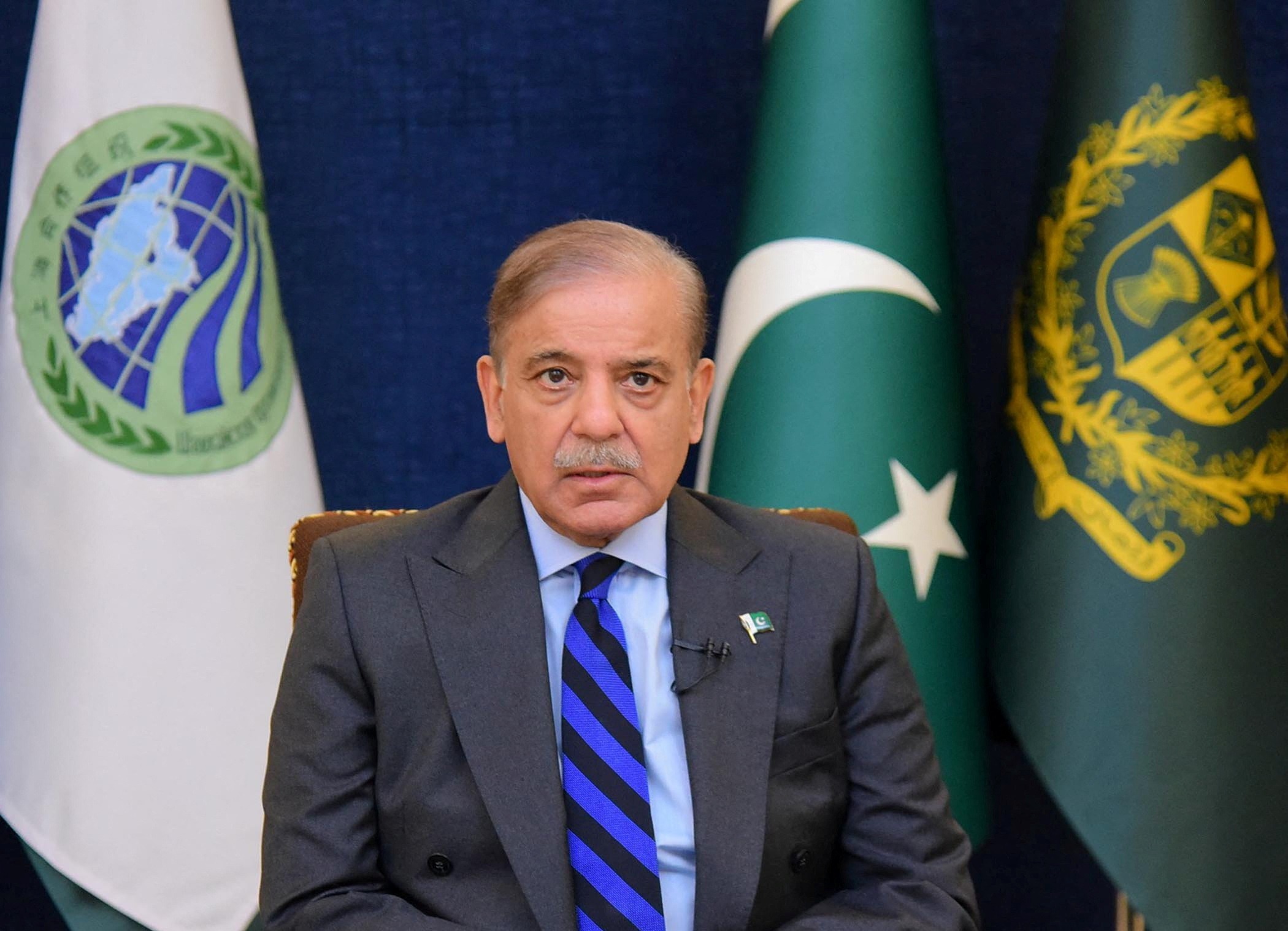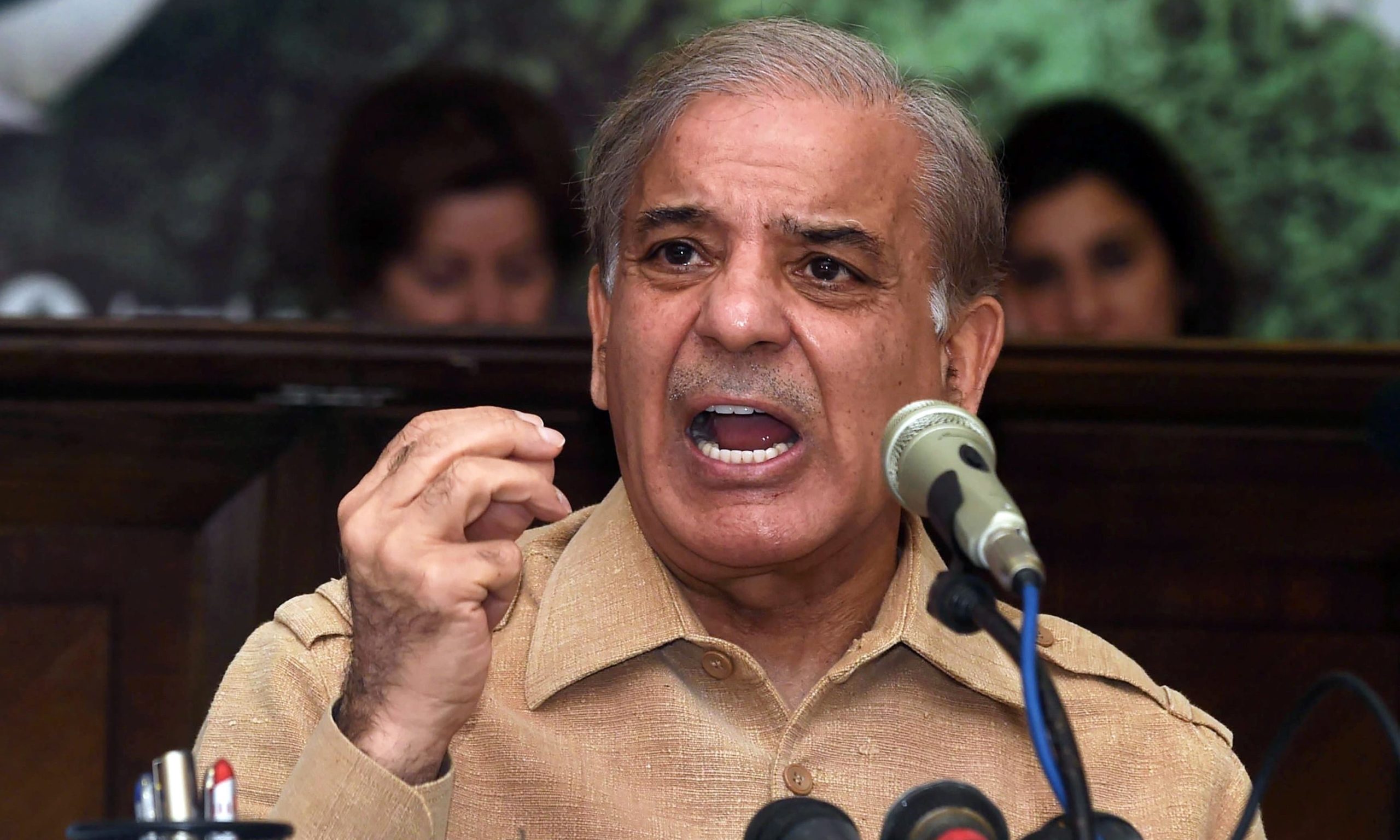In the upcoming maiden parliamentary session at the end of February, newly elected members of parliament in Pakistan are expected to vote 73-year-old Shehbaz Sharif of the Pakistan Muslim League-Nawaz (PML-N) as prime minister for the next five years.
Shehbaz, the younger brother of three-time premier Nawaz Sharif, previously held the prime minister’s office for 16 months following a vote of no confidence that toppled Imran Khan’s government in April 2022.
Known for his administrative skills, Shehbaz has also served as chief minister in Punjab, the country’s largest province, in three stints since the late 1990s. The February 8 general election did not result in any single party winning more than 50% of the seats in the 336-member National Assembly.

Shehbaz Sharif (Credits: Reuters)
The election has been marred by allegations of pre- and post-poll rigging, leading to the formation of a coalition of political parties aligned against so-called independent candidates supported by Khan’s Pakistan Tehreek-e-Insaf (PTI) party. Khan and his party were not allowed to contest the election due to legal reasons.
Shehbaz’s tenure as chief minister of Punjab earned him a reputation as a “doer” for completing infrastructure projects such as bridges, underpasses, and a metro line. However, he has also faced corruption charges and spent time in jail, but was cleared of all charges.
In contrast, his brief term as prime minister was challenging, marked by inflation, high interest rates, and political infighting, along with negotiations with the International Monetary Fund (IMF) to avoid a sovereign default.
As parliamentarians prepare to vote on the new prime minister, there are questions about Shehbaz’s ability to lead Pakistan during these difficult times.























